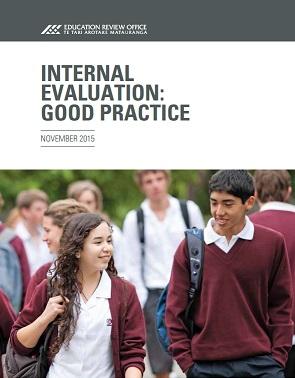Effective Internal Evaluation for Improvement
Published: 12 Feb 2016
This booklet is useful for any organisation interested in internal evaluation for improvement. This overview of the processes and reasoning involved in effective internal evaluation for improvement draws on a previously published resource Effective School Evaluation – How to do and use internal evaluation for improvement (2015).
- Audience:
- Early learning
- Education
- Schools
- Content type:
- Research
- Topics:
- Evaluation
- Internal evaluation







